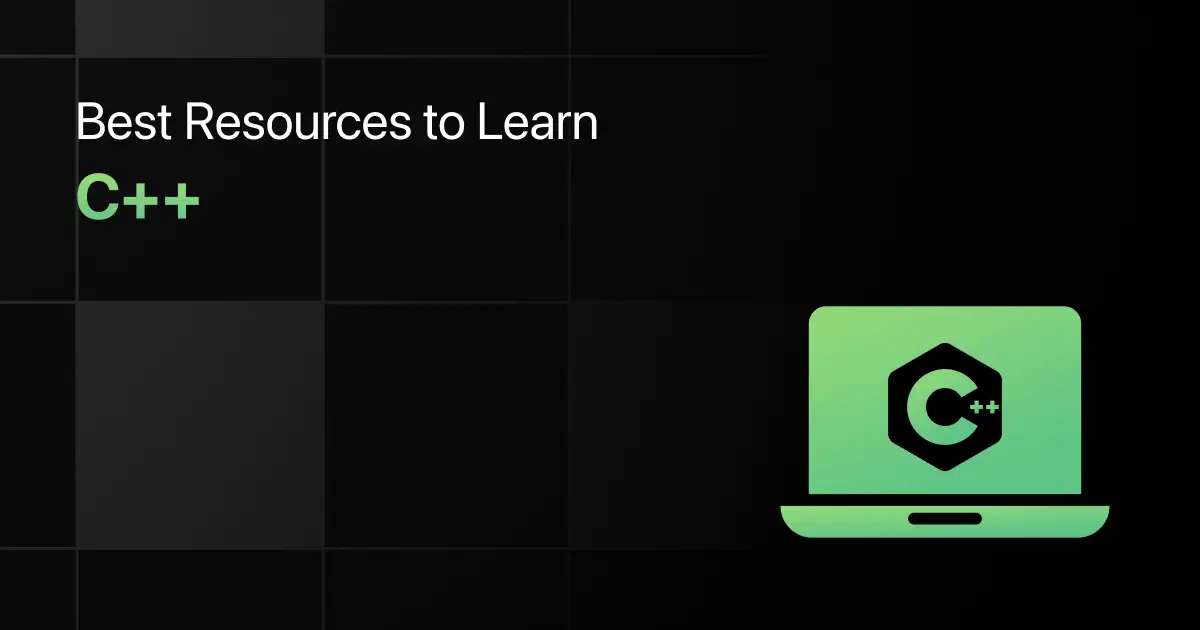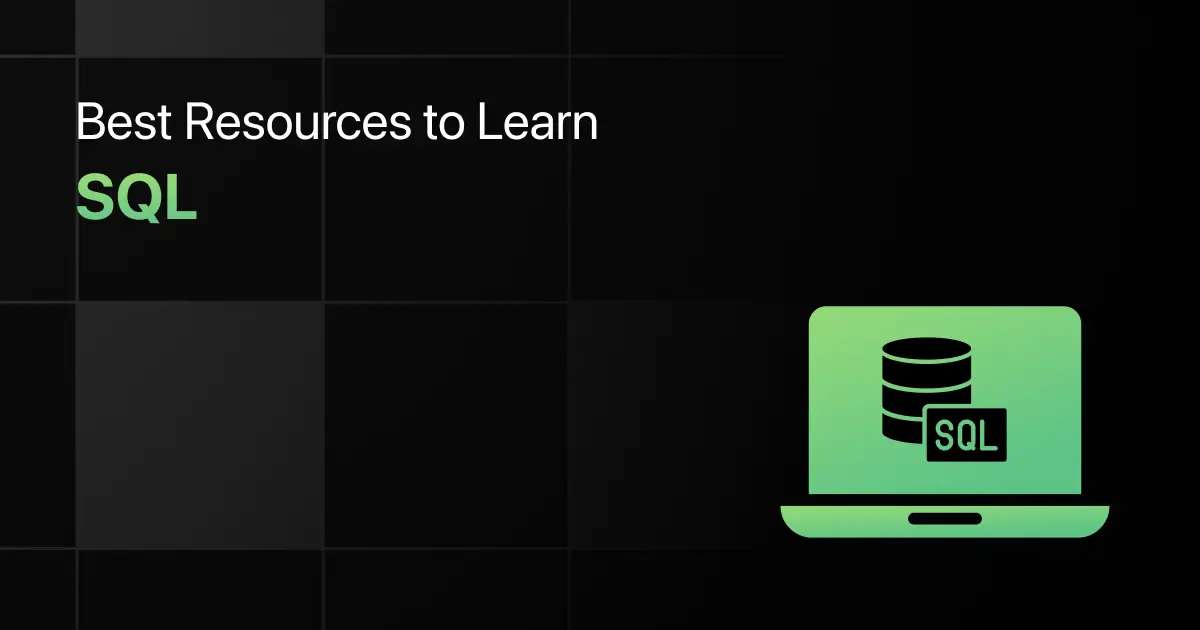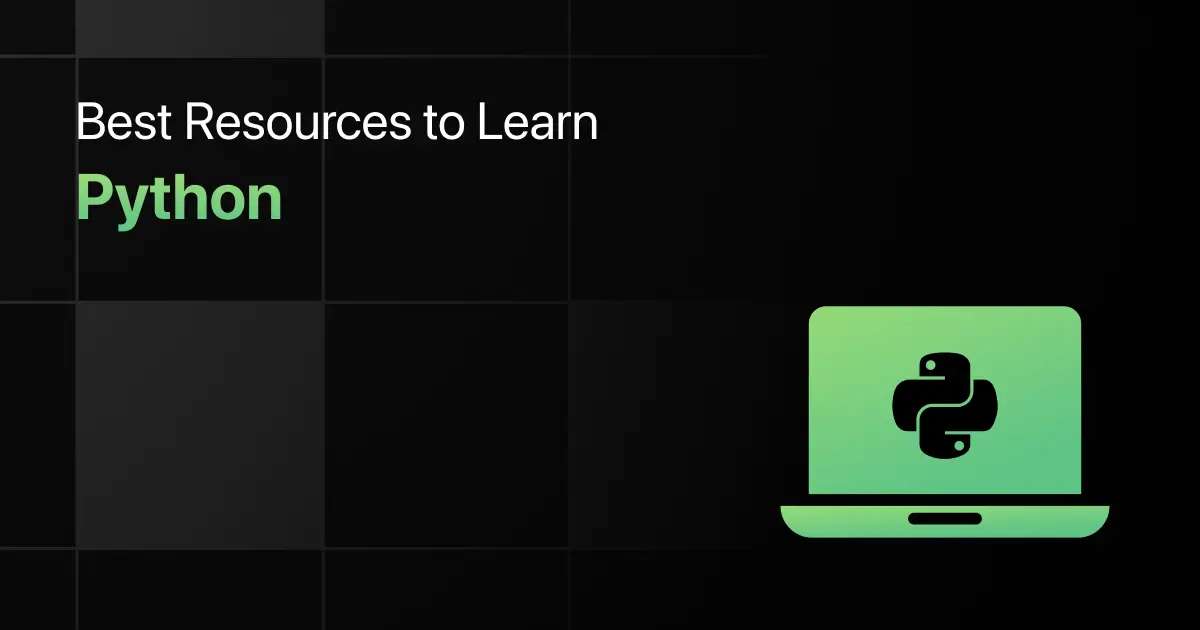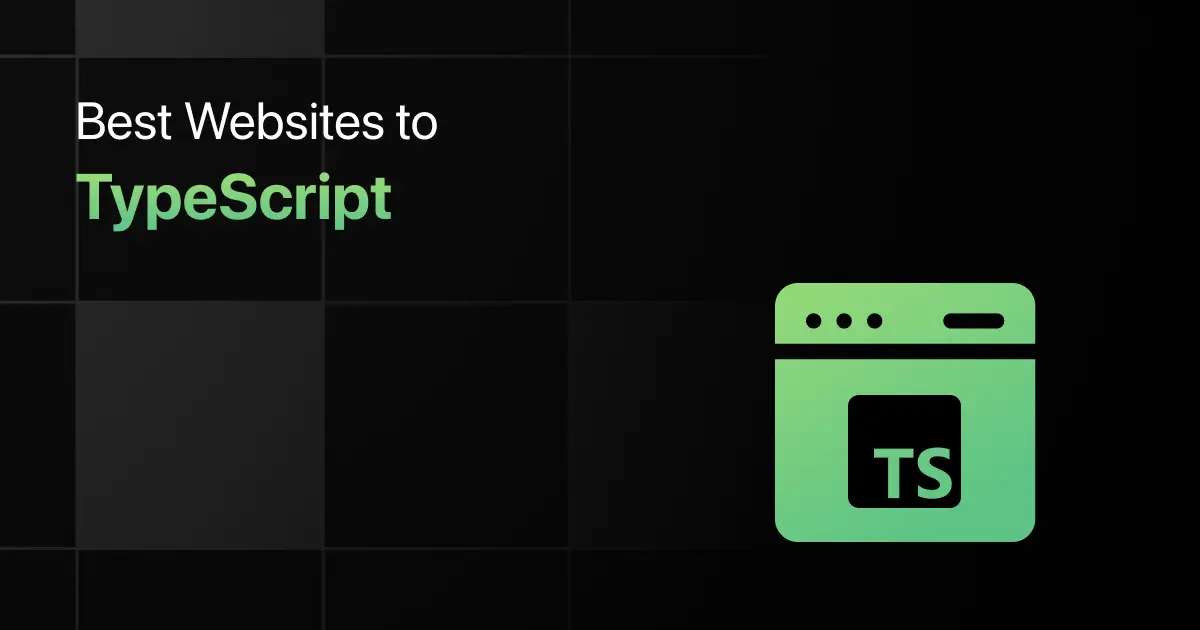Best Resources to Learn C++

C++ is a high-performance programming language known for its speed, efficiency, and precise control over system-level resources. It is widely used in areas such as game development, competitive programming, embedded systems, and applications that require optimal performance.
In 2025, learning C++ is a smart choice for anyone aiming for roles in systems programming, robotics, or companies that focus on algorithm-intensive work.
This article highlights the best resources to help you learn C++ step by step. You will start from the basics and gradually move to advanced concepts while building strong and practical skills for your career.
A Quick Overview of C++
| Popular Use Cases | C++ is used in game engines, operating systems, embedded systems, competitive programming, and high-performance applications. |
| Learning Curve | C++ has a steep learning curve due to complex syntax, memory management, and lower-level programming concepts. |
| Demand in India | C++ remains in demand for roles in product companies, competitive coding, and system-level software engineering. |
| Job Roles | Roles include Software Developer, Competitive Programmer, Embedded Engineer, Game Developer, and System Architect. |
| Salary Range | Entry-level C++ developers earn ₹5–7 LPA, while experienced developers in niche roles can earn ₹15–30 LPA or more. |
| Top Companies Hiring | Top recruiters include Google, Directi, Qualcomm, Samsung, Adobe, and major fintech and hardware companies. |
Key Concepts to Learn in C++
To master C++, it’s important to understand both programming fundamentals and low-level control features that set it apart from high-level languages:
- Variables and Data Types: Understand how data is stored and declared using primitive and derived types in C++.
- Operators and Expressions: Learn how arithmetic, relational, logical, and bitwise operators are used to perform computations and comparisons.
- Control Statements: Use if, else, loops, and switch-case statements to manage flow of execution.
- Functions and Recursion: Learn to write reusable code blocks and implement recursive logic.
- Pointers and References: Master the concepts of memory addresses, dynamic memory allocation, and dereferencing.
- Arrays, Strings, and Structures: Handle collections of data and work with user-defined types.
- Object-Oriented Programming (OOP): Understand classes, inheritance, polymorphism, encapsulation, and abstraction.
- STL (Standard Template Library): Learn to use built-in data structures and algorithms like vectors, stacks, queues, and maps.
- File Handling: Read from and write to files using file streams.
- Memory Management: Manage memory efficiently using new, delete, and learn how to avoid memory leaks.
Best Online Resources to Master C++
C++ requires a step-by-step approach starting from basic syntax and memory concepts, moving into object-oriented programming, and then progressing to data structures and competitive-level coding.
The resources listed below are arranged in the right sequence to help you build a strong foundation and gradually move towards advanced topics and placement preparation.
Getting Started
If you’re beginning with C++, start with tutorials and introductory lessons that explain concepts step by step through examples.
1. YouTube Channels
YouTube is a great platform to learn C++ visually. These tutorials cover topics like variables, loops, arrays, functions, and object-oriented concepts in a way that is easy to understand and apply.
Learning Outcomes:
- Understand the basics of C++ syntax and structure
- Learn how to write and run simple programs
- Explore core topics through real-time examples
- Build foundational knowledge in a visual format
Mode of Learning: Online and self-paced
2. Free Courses
Free C++ courses offer a structured and self-paced way to start learning. These cover key programming topics such as data types, control structures, functions, pointers, and object-oriented programming in C++.
Learning Outcomes:
- Learn C++ syntax and language structure in detail
- Understand procedural and object-oriented paradigms
- Practice small exercises with progressive difficulty
- Build confidence in solving logic-based problems
Mode of Learning: Online
Hands-On Practice
To develop fluency in C++, reinforce your learning with hands-on problem solving and frequent coding practice.
1. Coding Exercises
Coding exercises help you apply your knowledge through real problems. These cover topics such as arrays, loops, recursion, and pointer manipulation to enhance your logic and code-writing skills.
Learning Outcomes:
- Improve logic by solving practical challenges
- Write clean and efficient C++ code
- Practice key topics like loops, arrays, and functions
- Prepare for real-world coding interviews
Mode of Learning: Online
2. Programming MCQs
Multiple choice questions are effective for reinforcing conceptual understanding. These focus on data types, operators, control structures, and OOP principles in C++.
Learning Outcomes:
- Test your theoretical understanding of C++
- Practice frequently asked topics for assessments
- Review syntax, logic, and key C++ concepts
- Prepare for aptitude-style coding questions
Mode of Learning: Online
3. Paid Courses
Paid courses offer in-depth training, projects, and mentor support. These programs are helpful for learners who want a complete learning experience from beginner to job-ready level.
Learning Outcomes:
- Learn C++ from fundamentals to advanced topics
- Build real-world projects and structured assignments
- Understand how to write efficient, optimized code
- Prepare for interviews through guided sessions
Mode of Learning: Online
Get Job-Ready
Once you’ve practiced enough, focus on applying your knowledge to practical projects and interview preparation.
1. Mini Projects
Mini projects allow you to combine various C++ concepts to build real applications. These help improve code organization and provide practical experience.
Learning Outcomes:
- Apply C++ skills in real-world use cases
- Improve code structure and problem-solving abilities
- Build working solutions like file systems or record managers
- Strengthen your portfolio with hands-on projects
Mode of Learning: Online
2. Interview Questions
Interview questions give insight into commonly tested topics like pointers, inheritance, STL, and memory management. Practicing these will prepare you for both written and technical interview rounds.
Learning Outcomes:
- Review questions asked in C++ interviews
- Improve explanation and problem-solving under time constraints
- Understand how to approach code-based questions
- Prepare for entry-level and competitive coding roles
Mode of Learning: Online
Additional Resources
If you want to revise topics or explore alternative formats for learning, these resources can help reinforce your understanding.
1. Learning Hub GUVI
The hub provides short and topic-focused content that helps you strengthen your understanding through simple, practical examples.
Learning Outcomes:
- Browse modular content for focused learning
- Revisit topics like loops, arrays, and conditionals
- Use for revision or quick concept clarification
- Complement your primary learning path
Mode of Learning: Online
2. Learn CPP
LearnCPP is a comprehensive site for mastering C++ through written tutorials. It covers topics progressively, making it useful for both beginners and intermediate learners.
Learning Outcomes:
- Understand concepts from basic to advanced
- Learn through detailed written lessons and examples
- Explore core C++ topics in structured order
- Use as a go-to reference for revision and practice
Mode of Learning: Online
Tips to Learn C++ Effectively
- Start with Core Concepts: Begin with simple topics like variables, data types, and control statements. These lay the foundation and make it easier to understand more advanced C++ features.
- Practice Memory Management Early: As you progress, focus on understanding pointers, references, and dynamic memory. Use coding exercises that involve arrays, structures, and heap allocation.
- Use Quizzes to Reinforce Learning: After each new concept, take short MCQs or quizzes to test your understanding. This helps retain key details and improves clarity.
- Build Logic through Competitive Problems: Once you are comfortable with syntax, practice solving small logic-based challenges. This strengthens your problem-solving skills and prepares you for interviews.
- Apply Object-Oriented Principles in Mini Projects: Try building small programs using classes and inheritance. Projects like student databases or inventory systems help connect multiple C++ concepts together.
Final Words
C++ is one of the most powerful programming languages for building systems that require speed and precision. Although it can feel challenging at first, a clear and structured approach will help you learn it effectively.
With consistent practice, strong fundamentals, and exposure to real-world problems, you will be well prepared for both academic and professional opportunities that require C++ skills.
Frequently Asked Questions
1. Is C++ beginner-friendly for absolute newcomers?
C++ can be challenging for beginners, but with the right structure and simple starting points, it is entirely possible to learn even without prior programming experience.
2. What are the best resources to learn C++ for placement preparation?
The best resources include video tutorials, topic-wise coding exercises, quizzes, mini projects, and structured interview questions designed for placement training.
3. Can I learn C++ on my own?
Yes, you can learn C++ independently by using free and structured learning resources. Daily practice and small projects will help you stay consistent.
4. Can I learn C++ for free with reliable resources?
Absolutely. Many websites offer free tutorials, exercises, and C++ practice environments that are ideal for both beginners and intermediate learners.
5. Which websites offer hands-on C++ coding practice?
Websites like Placement Preparation and GUVI provide curated exercises and projects for C++ learners who want to build skills through practice.
6. What can I expect in a C++ technical interview?
Interviews often include questions on arrays, pointers, object-oriented concepts, memory management, and basic algorithms implemented in C++.
7. How long will it take to learn C++ using these resources?
With consistent effort and the right resources, it usually takes around two to three months to build a solid understanding of core C++ concepts and syntax.
Related Posts


Best Resources to Learn SQL
SQL is the foundational language for working with data and is used to query, manage, and manipulate databases across nearly …









